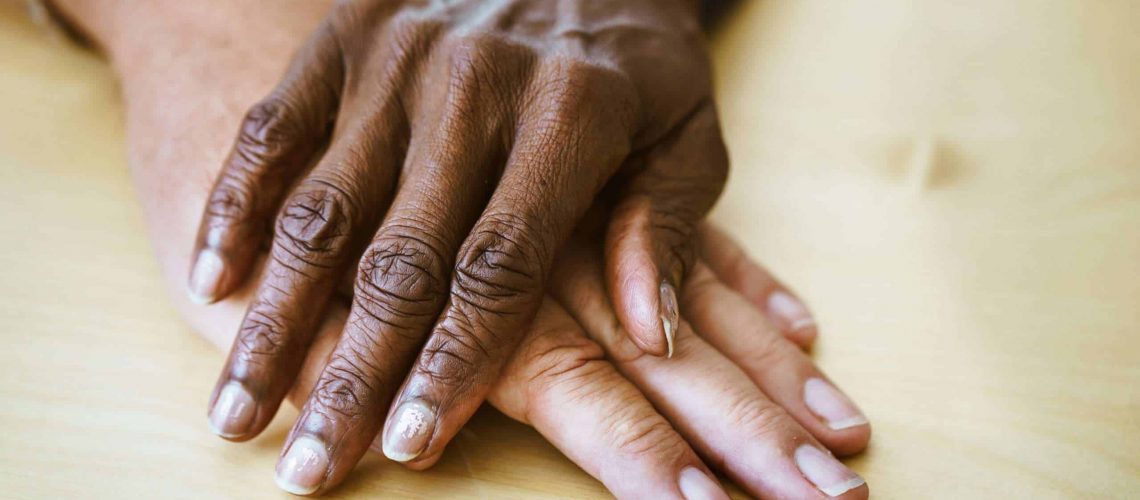
If you work in the health and social care sector you will likely come across the term DoLS. But what does DoLS stand for and what does it mean?
DoLS is an abbreviation for Deprivation of Liberty Safeguards and forms part of The Mental Capacity Act 2005. This is a law about making decisions and sets out what should be done when people cannot make some decisions for themselves.
When people cannot make a decision for themselves, this is called lacking capacity. Deprivation of Liberty Safeguards (DoLS) are intended to protect people who lack mental capacity from being detained when it is not in their best interests.
For example, some people living in hospitals and care homes can’t make their own decisions about their care because they lack the mental capacity to do so. This means they’ll need more care and protection than others to ensure they don’t suffer harm. Caring for and treating people who need extra protection may mean restricting their freedom to the point of depriving them of their liberty.
By Law, a person aged 18+ and who are receiving care or treatment in a care home or hospital setting cannot be deprived of their liberty until a DoLS assessment is carried out and authorisation granted. Both the assessment and authorisation is carried out by a best interests assessor and a mental health assessor who work for the local authority.
The best interests assessor is usually a qualified social worker, occupational therapist or chartered psychologist. They must be impartial and not be involved in the person’s care or in making any other decisions about it. The mental health assessor must be a doctor who can assess whether a person has a ‘mental disorder’ (the term used in law to describe a set of mental health conditions, including dementia) and how a deprivation of liberty will affect their mental health.
The assessment will seek to establish whether a deprivation of liberty taking place? And If so, is it:
– in the person’s best interests?
– needed to keep the person safe from harm?
– a reasonable response to the likelihood of the person suffering harm?
– are there any less restrictive options available?
Every effort should be made, in both commissioning and providing care or treatment, to prevent deprivation of liberty. If deprivation of liberty cannot be avoided, it should be for no longer than is necessary.
If the assessors decide that the person or the proposed care doesn’t meet the criteria, they will inform the local authority (or local health board) of this and the reasons for it. The deprivation of liberty would then not be authorised, and it should not happen.
Everyone who has a Deprivation of Liberty Safeguards Authorisation must have a representative. A representative is a person who visits the individual and checks they’re looked after and safe. If the individual or their representative disagrees with the deprived of the individual’s liberty, they can ask a special court called the Court of Protection to decide whether they should be deprived of their liberty or not.
Follow the links to download the Mental Capacity Act 2005 and the DoLS code of practice.
Organisations regulated by the CQC must notify them of an Application to deprive a person of their liberty (DoLS) learn more about CQC DoLS requirements.
If you work for a charity or other health and social care provider and need support with maintaining a high level of quality or require help with an upcoming CQC inspection please feel free to use our care consultancy services.